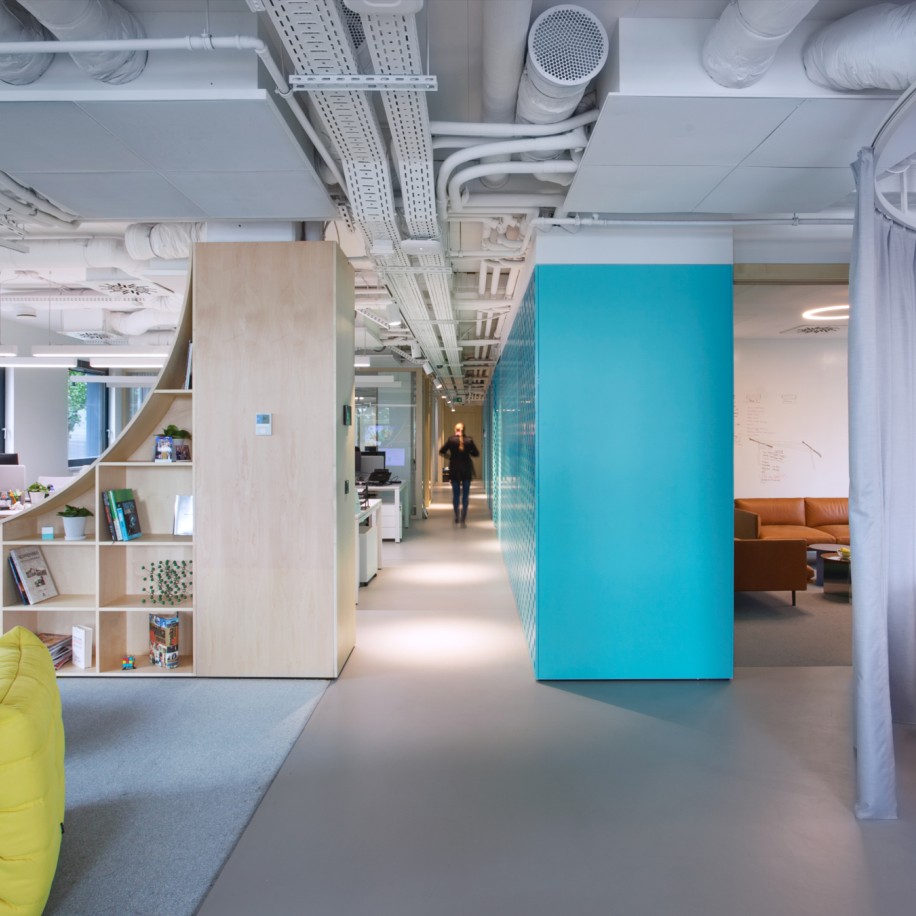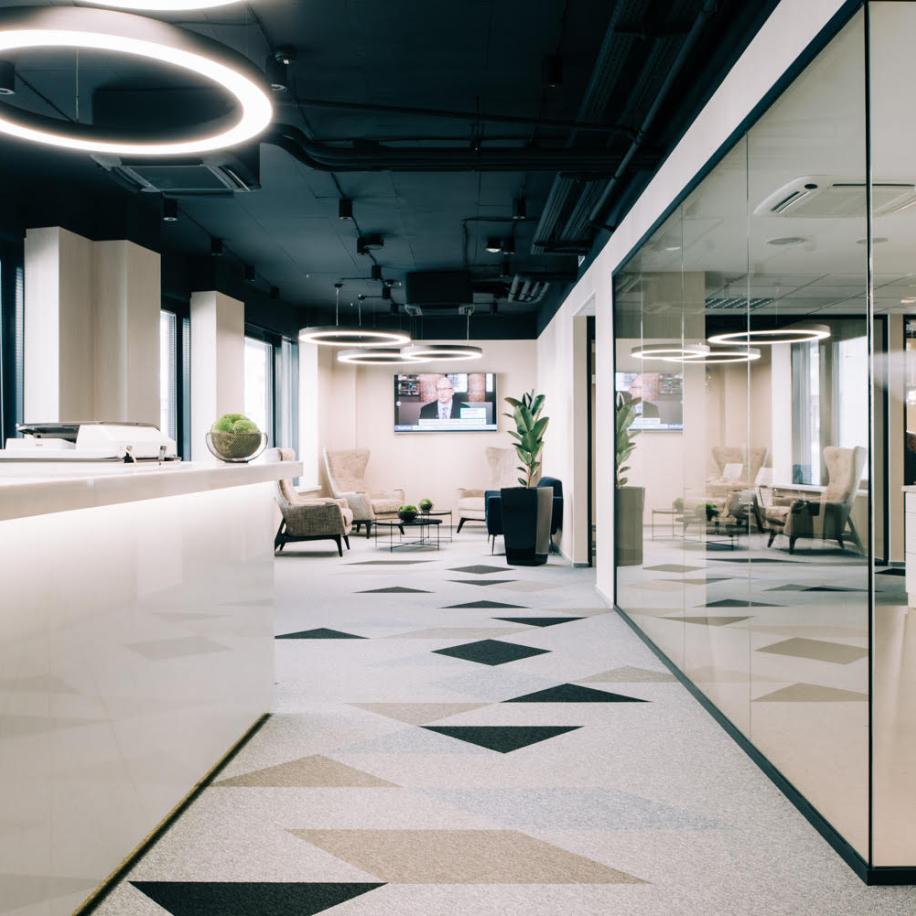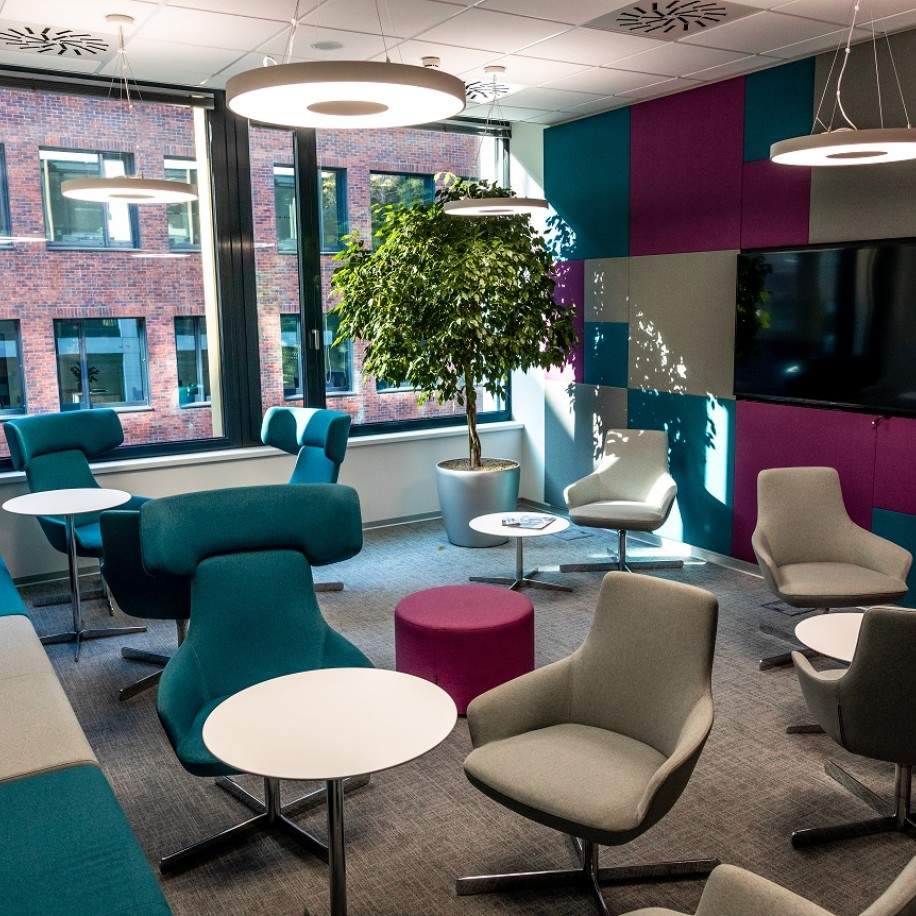Offices that flexibly adapt to evolving needs
In Bratislava we manage over 300,000 sqm of office space under the Bratislava Offices brand - which provides expert award-winning quality. Our almost 25 years on the market have given us extensive experience and a wide-ranging overview of how the office space market works. We appreciate that tenants especially value on-going communications with us. Such dialogue gives us an insightful overview of their needs and requirements, and how their professional environment and work method are continually changing and evolving.
In 2021, we cannot avoid considering how the coronavirus pandemic will impact office space and tenants. As well as a degree of uncertainty, the pandemic also brought higher demands for the safety and protection of employees in workplaces. Building management had to respond immediately. All our modern office buildings have flexible spaces and technologies, which enable us to adapt quickly and effectively to users’ changing circumstances and requirements.
However, it is also worth remembering that this current situation is not wholly unique. Especially Asia has had recent experience with other epidemics, which has not fundamentally changed the office building market in that region. Indeed based on this background, many Asian countries already had safety measures and practises in place that have enabled them to better cope with the current situation. We can expect a similar scenario in other parts of the world, and we are already doing likewise in our administrative projects.
Just a year ago, occupational trends were focused on the promotion of team-building, cooperation, and fostering a community - facilitated by open-plan offices, communal spaces, and desk-sharing. Yet now companies are pursuing the opposite strategy: encouraging home-working and supporting digital communication. But most employees - and especially the millennial and Z generations - being amongst a community with real interactions is the natural preferred environment. And that’s why they want to return to their workspaces - where they have better conditions to work and can separate their professional and private lives. It is also challenging to develop corporate culture on a remote basis.



